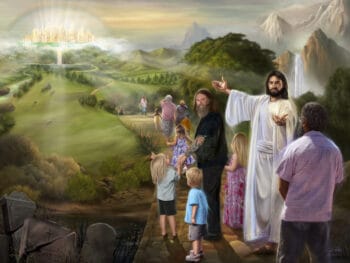
Comments of the Week Feb 2-8 “It is said that in heaven, SDA’s (Seventh-day Adventists) will not have crowns with jewels or precious stones. Instead, the crowns will be covered in watches.” –David Zackrison on Are Adventists the ones that came up with watches being the acceptable, functional replacement for the wedding ring? Comments on […] Source: https://atoday.org/comments-of-the-week-feb2-8/





